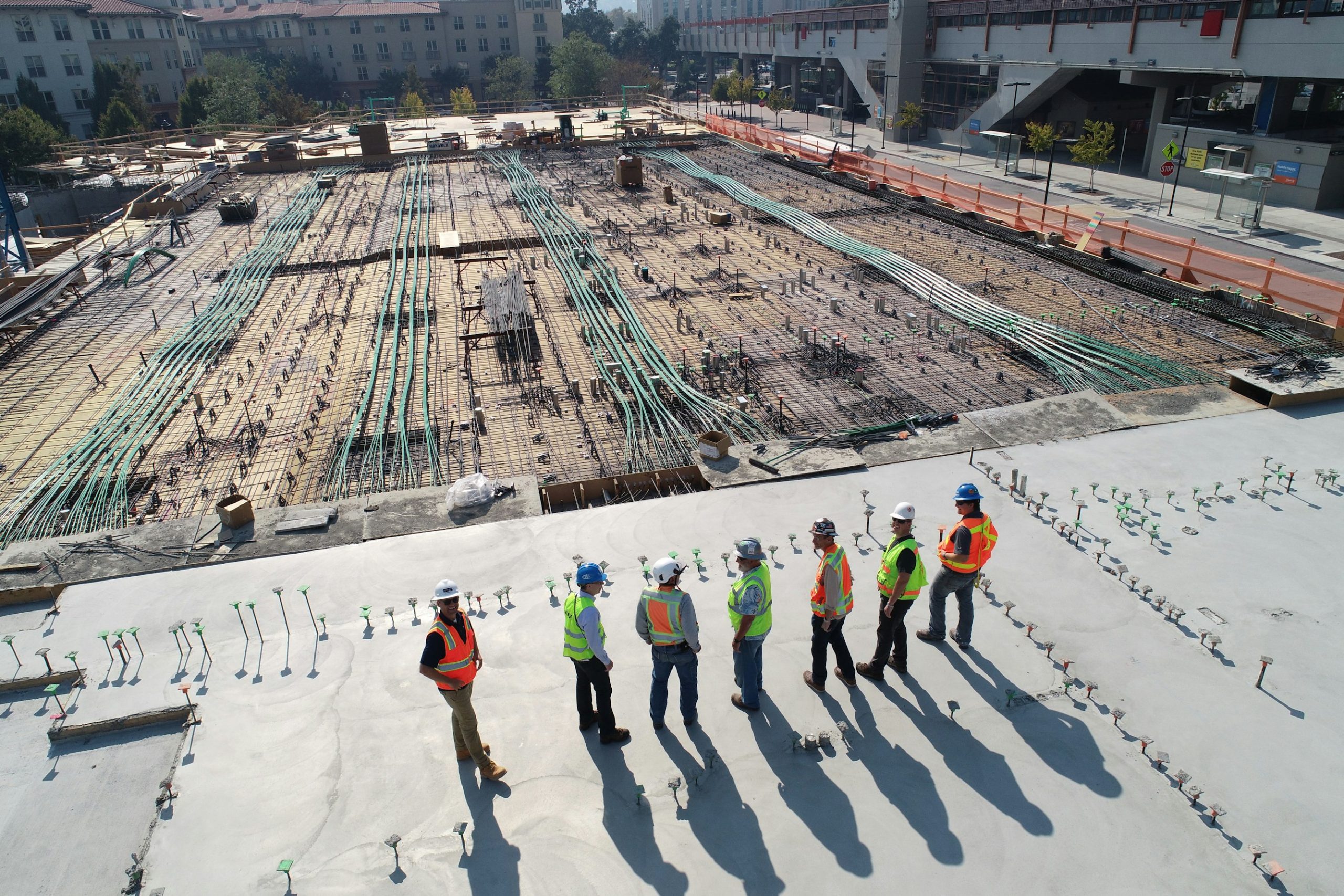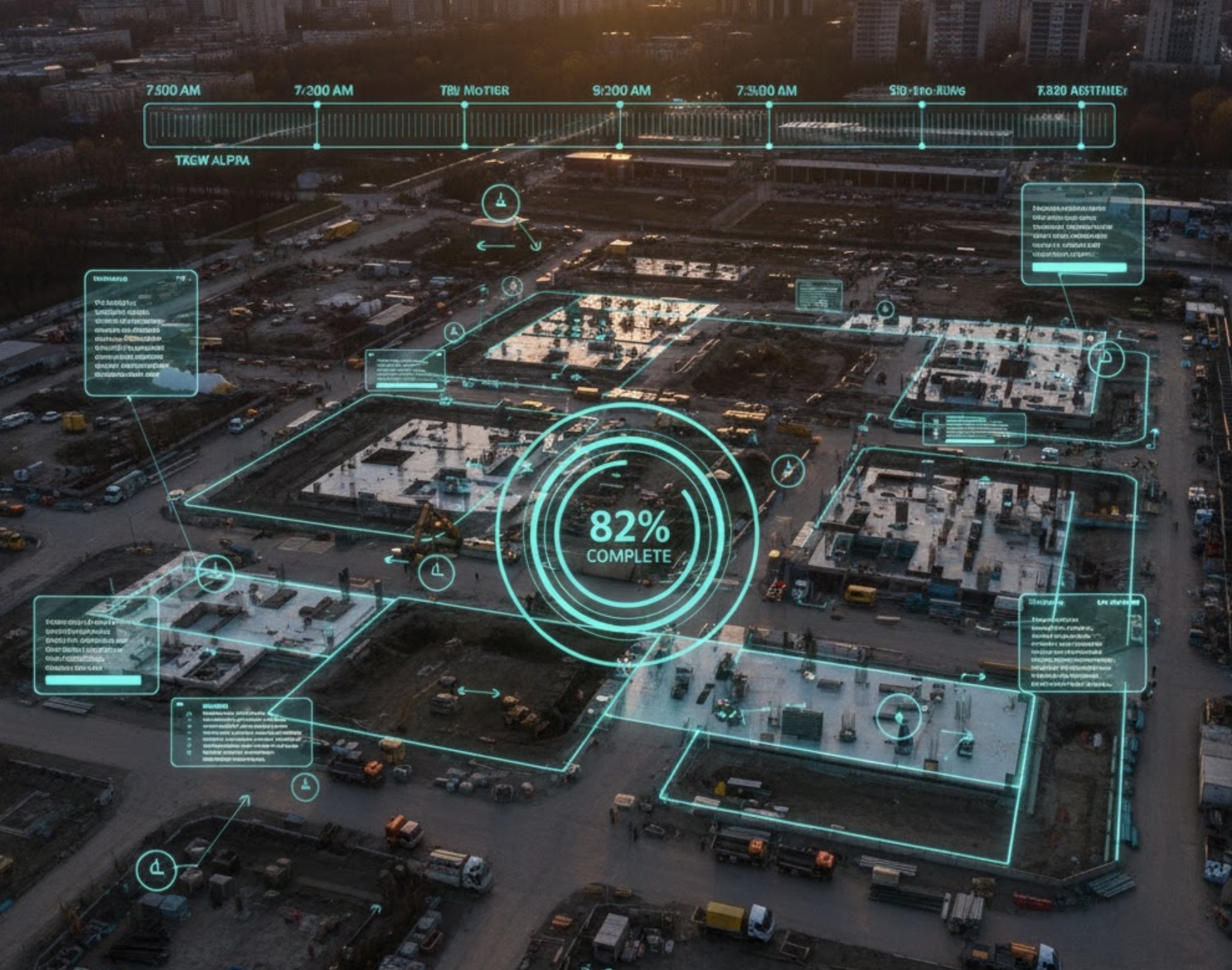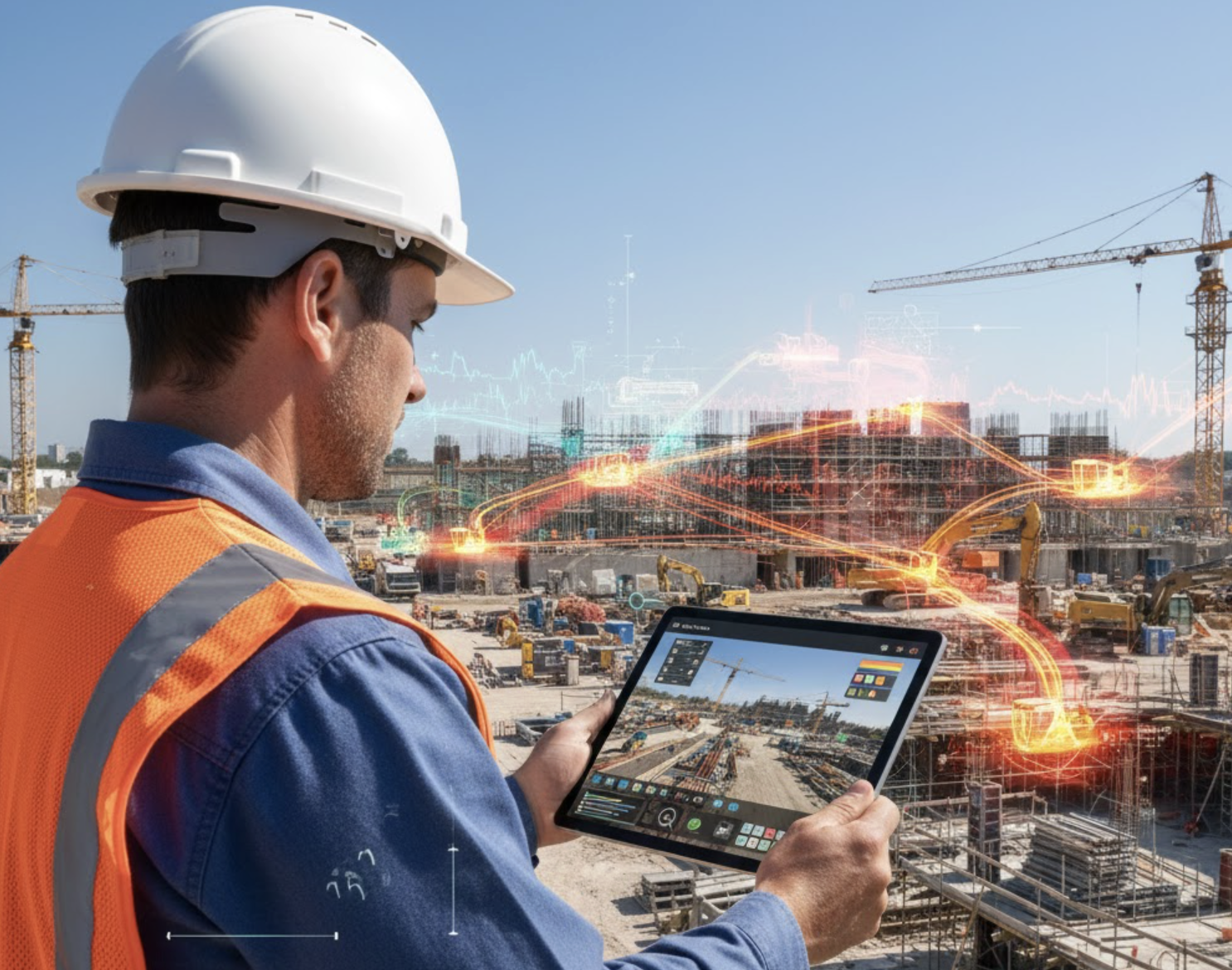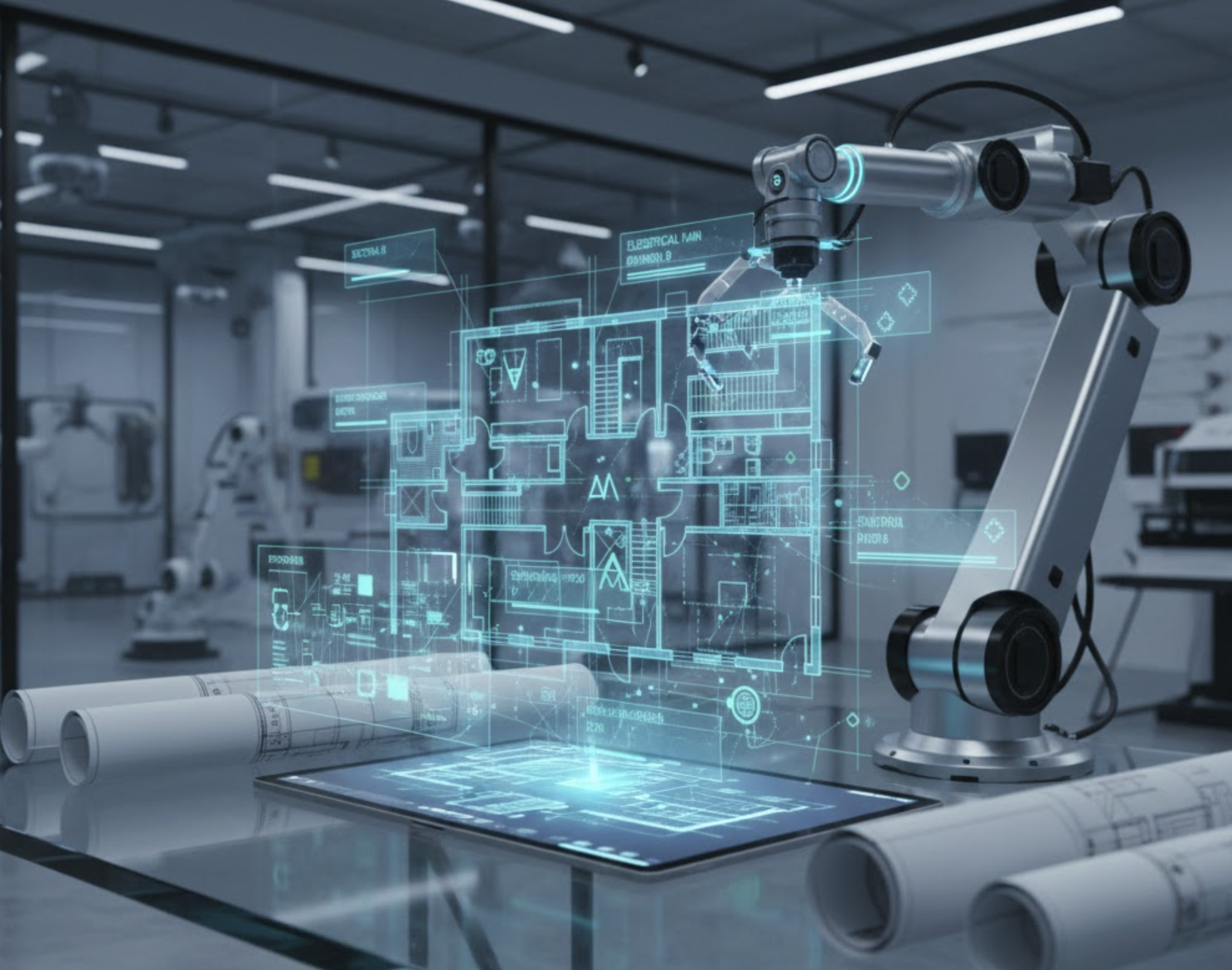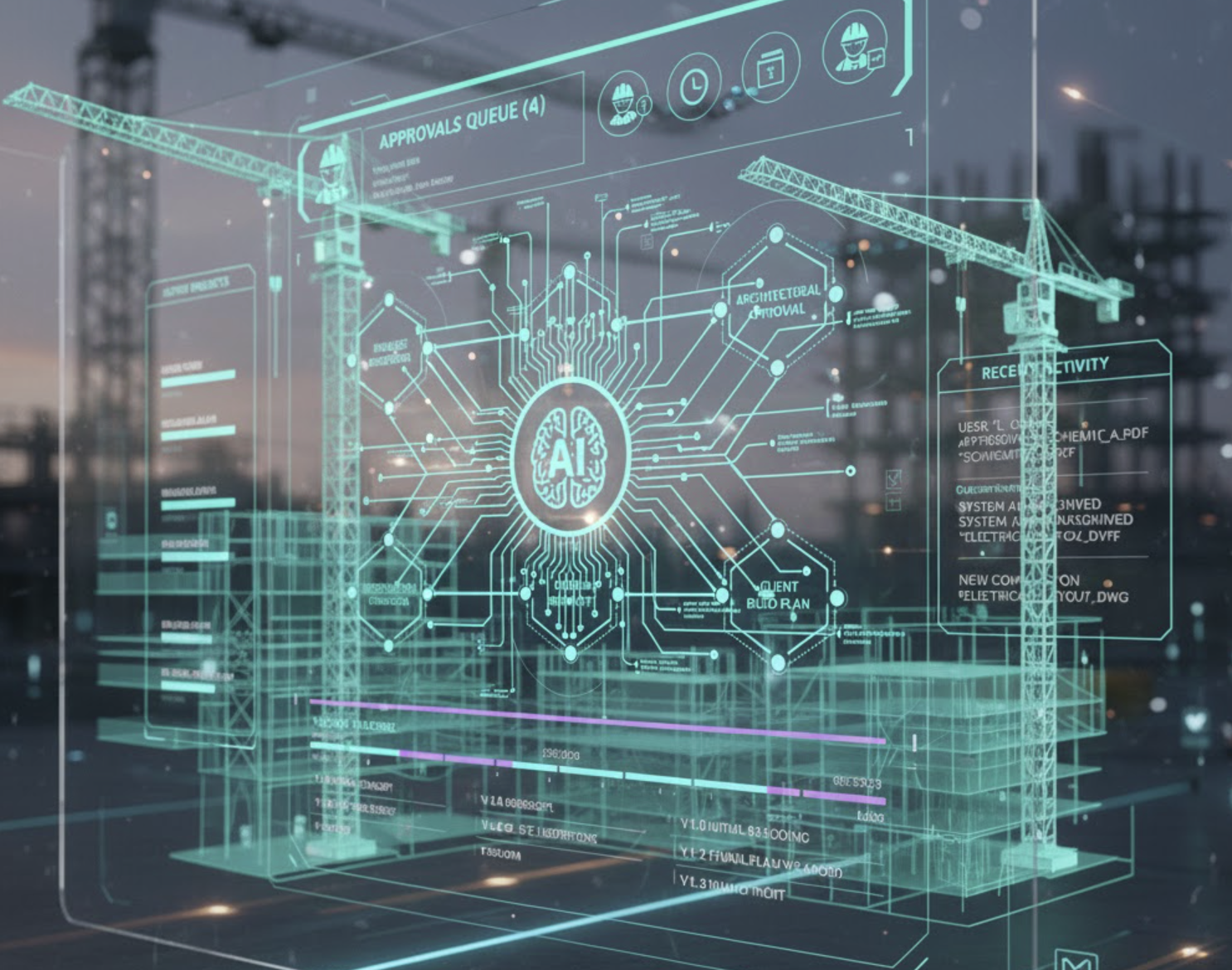AI-Driven Decision-Making: Are Construction Managers Ready?
Construction project management software has always aimed to streamline coordination, reduce risk, and drive project success—but with the arrival of AI in construction, the very nature of decision-making is changing. Sophisticated AI-powered project management tools now analyze real-time jobsite data, automate routine tasks, and present construction managers with immediate, actionable insights. Yet as smart technology rapidly reshapes the landscape, the big question remains: are construction managers—and the organizations they lead—truly ready for AI-driven transformation?
The New Frontier: AI-Driven Decision-Making in Construction
The adoption of AI in construction is accelerating at an unprecedented pace. The global market for AI construction solutions is projected to rise from $4.86 billion in 2025 to a staggering $22.68 billion by 2032. At a lofty 24.6% annual CAGR, this growth signals not only technological promise but also mounting pressure on the sector to adapt or be left behind. At its core, AI construction platforms leverage predictive analytics, machine learning, and computer vision—empowering managers to optimize decisions from planning through closeout.
AI delivers the most value where complexity, data volume, and risk converge. Its impact is felt across:
- Project Planning and Scheduling: Generative AI analyzes historical project records and live site feeds, predicting delays and auto-generating optimized work sequences.
- Risk Management: AI tools recognize risky patterns, trigger alerts for hazards or overruns, and arm managers with actionable risk mitigation plans.
- Resource Allocation and Cost Control: Automated financial tracking and labor allocation keep projects on budget and boost ROI with more accurate forecasting.
- Safety and Quality Assurance: Computer vision and smart checklists allow for vigilant monitoring, real-time remediation, and quality control at scale.
- Routine Task Automation: From daily logs to document management, AI slashes admin time, freeing teams to focus on strategic priorities.
The rise of AI-driven construction management is not theoretical. Companies deploying these solutions see measurable improvements in cost control, safety outcomes, and decision agility—provided they address the readiness challenges AI introduces.
Critical Impact Areas of AI for Construction Managers
AI tools for construction excel in data-heavy, time-sensitive environments—precisely the realities of modern project delivery. Let’s look closer at the main touchpoints where AI already shapes manager decision-making:
1. Intelligent Project Planning and Scheduling
AI-powered scheduling assistants crunch vast amounts of project data, doing what spreadsheets and manual Gantt charts cannot. Advanced models detect patterns in past performance, weather trends, and crew productivity to anticipate bottlenecks. Generative AI simulates thousands of possible timelines for each trade—and flags the fastest, safest sequencing. These construction project tracking software features mean teams react quicker and recover faster from disruptions, with data-backed confidence.
2. Proactive Construction Risk Management
Predictive and prescriptive analytics are revolutionizing construction risk management. Instead of lagging behind incidents, managers equipped with AI risk management in construction tools can spot anomalies and risks before they escalate. By digesting input from daily reports, site inspections, weather feeds, and sensor arrays, AI not only forecasts risks but also recommends preemptive actions. This shift from reactive to proactive risk mitigation is driving down rework, claims, and costly overruns.
3. Automated Resource and Financial Control
Complex budgets and workforce logistics are historically a drain on time. Modern construction cost control software employs AI to forecast budget trajectories, identify early cost variances, and suggest corrective actions. Labor and equipment resource planning, powered by AI, helps teams optimize allocation, reduce downtime, and improve overall utilization. Integration with construction financial tracking software ensures insights always reflect live conditions, enhancing both cost certainty and cash flow management.
4. Enhancing Safety & Quality with AI
The most valuable construction analytics and insights often occur on the ground. AI construction automation leverages computer vision—from mobile devices and site cameras—to scan for unsafe behaviors, PPE violations, and quality defects as they occur. These smart construction management tools provide safety scores, auto-generate corrective tasks, and build digital audit trails for compliance. The direct upshot: safer sites, fewer accidents, and streamlined quality assurance workflows.
5. Document Management and Collaboration—Transformed
The era of manual documentation is over. AI document management software extracts key clauses and deadlines from contracts, accelerates RFI and submittal workflows, and automates version tracking. Natural language processing (NLP) turns vast digital libraries into easily searchable, actionable records. When paired with a common data environment for construction, AI helps break down silos, improve team alignment, and compress decision cycles at every project phase.
Are Construction Managers and Organizations Ready?
The potential of construction tech innovation is matched only by the preparation required to unlock it. Leadership and field teams must assess their readiness for AI—and address barriers to ensure smooth adoption:
- Assess Technology Maturity: Is there a strong digital foundation—cloud-based solutions, modern ERPs, and connected field devices—to support construction industry digital transformation?
- Review Data Quality and Access: Are project records complete, reliable, and compatible with AI solutions?
- Prioritize High-Value Use Cases: Focus AI deployments on chronic pain points like schedule overrun, quality lapses, or cost volatility for rapid returns.
- Foster Change Management: Support teams in adapting to new digital workflows and building confidence in AI-driven construction management.
- Ensure Executive and Field Alignment: Success depends on both top-down leadership support and bottom-up buy-in from site teams.
The organizations that thrive will be those who continually invest in their people, data, and digital processes—ensuring that the benefits of BIM integration, digital twins in construction, and cloud-based construction management flow through every level of the operation.
Challenges and Considerations With AI Adoption
Even with all the upside, AI construction platform deployments present real challenges. Construction’s history of incremental change means that overcoming resistance, providing digital upskilling, and evolving legacy processes remain ongoing hurdles.
Additionally, organizations must treat data stewardship with care. The success of AI tools for construction hinges on data quality, secure integration, and attention to privacy and transparency in automated decision-making. As AI plays a greater role in compliance and stakeholder management, managers must safeguard fairness, eliminate bias, and maintain open communication with all affected parties.
How Zepth Powers AI-Driven Construction Management
Just as every project is unique, so too are the requirements for successful construction lifecycle management software. Zepth’s Core platform leads the charge by translating new digital capabilities into tangible jobsite and office outcomes.
Zepth Core and its suite of modules bring together the essentials for reliable, efficient, and forward-looking project control:
- AI-Powered Risk & Compliance Management: Zepth’s risk register, automated mitigation plans, and risk reporting modules scan all project data, flagging exposures and automating compliance paperwork before risks escalate.
- Integrated Scheduling & Progress Reporting: Live dashboards and AI-assisted updates simplify jobsite progress reporting, automate schedule adjustments, and keep teams aligned, making Zepth a standout in construction project tracking software.
- Quality & Safety Analytics: Using computer vision and automated checklists, Zepth’s inspections, snag list, HSE compliance, and safety violation modules surface issues fast, triggering immediate resolution and maintaining a digital compliance trail.
- Centralized Document and Communication Management: Document register, AI-powered mail and submittal handling, RFI management, and task management tools centralize content, enabling seamless collaboration and quicker insight extraction.
- Project Financials: Project cost control features integrate with real-time analytics, empowering managers to stay on top of expenditures, forecast budget needs, and adjust resourcing proactively.
The platform is designed for rapid onboarding; whether for owners, general contractors, or specialty contractors, Zepth delivers value without major workflow disruption. As sustained adoption grows, organizations access a common data environment rich with analytics and insight—fueling sustainable construction management, smarter operations, and stronger project outcomes.
The Road Ahead: AI, Data, and the Human Factor
The construction sector is at an inflection point. As new AI construction automation solutions like Zepth move from innovation pilots to daily tools, the manager’s role will increasingly pivot from data wrangling toward high-impact, data-driven leadership. Those who embrace AI—while continuously investing in their people, processes, and data infrastructure—will stand out as the new industry leaders.
In the end, it’s not just about being ready for AI. It’s about being ready for the future of construction—where teamwork, technology, and trust converge to deliver safer, more sustainable, and more profitable projects each time.
